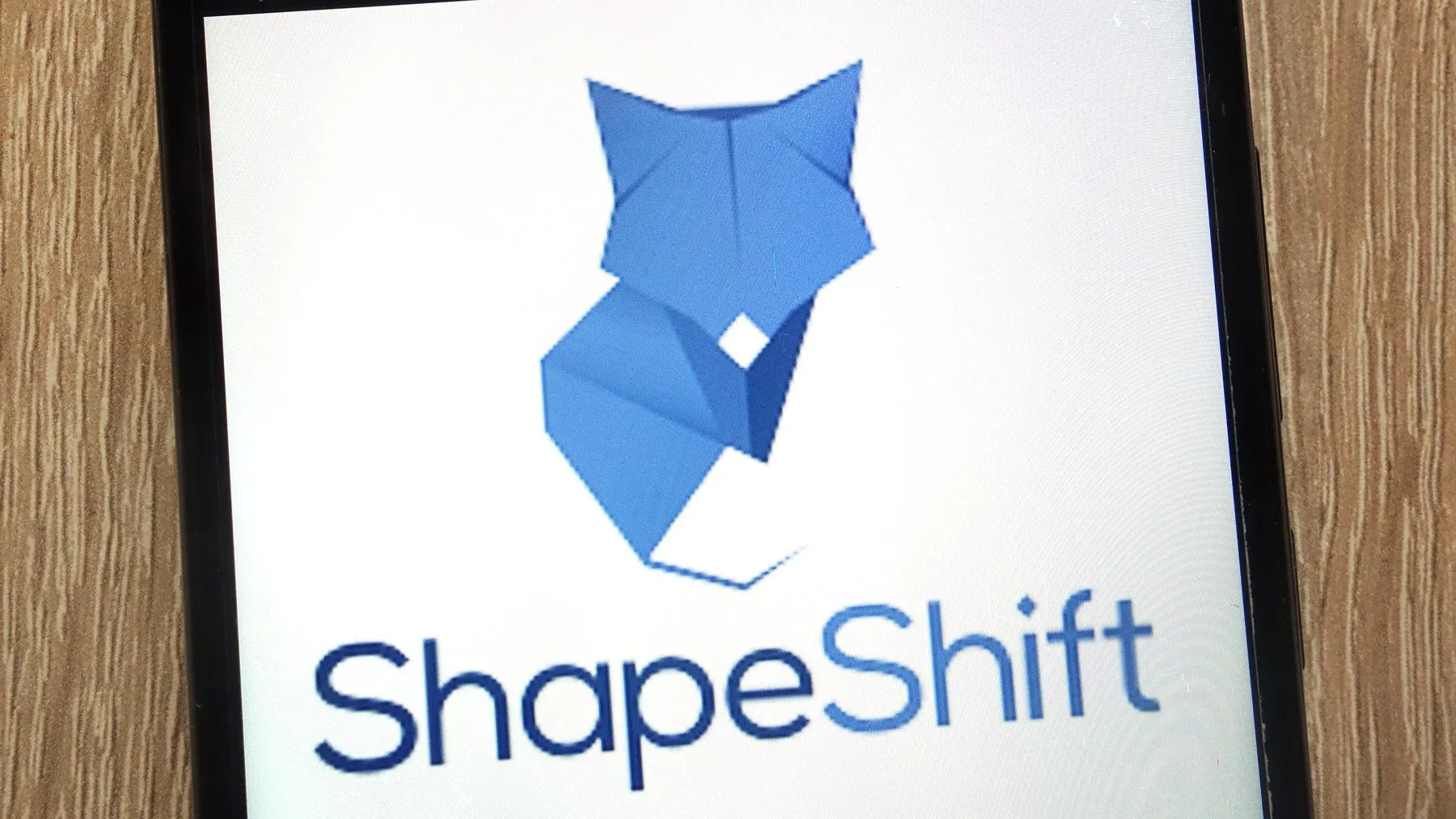Cryptocurrency platform ShapeShift—which wound down operations in 2021—has agreed to a cease-and-desist order and a $275,000 fine to settle allegations from the U.S. Securities and Exchange Commission (SEC) that it allowed users to trade digital tokens without registering as a broker or exchange.
The settlement, announced on Monday, resolves a years-long SEC investigation into whether ShapeShift's conduct violated federal securities laws.
The SEC's case focuses on ShapeShift's operations between July 2017 and November 2019, when the former crypto exchange allegedly facilitated the purchase and sale of digital assets that were investment contracts and therefore securities that ShapeShift had not properly registered to sell.
“The crypto assets offered by ShapeShift included those that were offered and sold as investment contracts and, therefore, securities,” the SEC asserted. ”ShapeShift never registered as a dealer with the Commission or operated pursuant to any exception or exemption from registration.”
Although ShapeShift is now defunct, the SEC says it was once a very active player in the crypto space.
“At its peak, the ShapeShift platform allowed customers to effect exchanges of at least 79 crypto assets,” the federal regulator asserts. ”ShapeShift acted as a marketmaker for these assets by serving as the counterparty to every transaction, marketing itself as a crypto ‘vending machine.’”
Founded in 2014 by CEO Erik Voorhees, ShapeShift was incorporated in Switzerland and operated out of Denver, Colo. The exchange initially allowed customers to buy and sell digital assets without creating an account and without providing personal information—a policy known as "no-KYC" (Know Your Customer) that's part of standard Anti-Money Laundering (AML) measures in the financial industry.
However, this approach drew scrutiny. In November 2018, as part of a broader investigation into criminal use of cryptocurrencies, the Wall Street Journal reported that ShapeShift had processed over $9 million from suspected criminal entities over a two-year period—“more than any other exchange with U.S. offices.”
That same month, ShapeShift delisted privacy coins Monero, Dash, and Zcash—acknowledging that the move was due to regulatory pressure—and launched its own token. This was after the exchange upended its business model earlier that year, becoming a decentralized service and favoring open-source priniciples that did not hold digital assets on behalf of its customers.
“To enable swaps in a frictionless way, ShapeShift was the market maker and counterparty to user trades," Voorhees explained in a blog post at the time. “This pulled us into categorization as a ‘financial institution,’ and arguably subjected us to regulations that are incompatible with protecting users’ privacy and security interests—in my view clearly constituting an unreasonable search without probable cause.”
On July 14, 2021, ShapeShift announced that it was dissolving its corporate entity, according to the SEC, which adds that the firm does not currently have any revenue or full-time employees.
Although no longer operating, ShapeShift resurfaced in the national policy debate over crypto last year when Sen. Elizabeth Warren invoked its name while promoting a bill that would tighten regulations over the digital asset space.
“Some in the crypto industry say that anti-money laundering rules can work so long as they exempt so called decentralized entities... in other words, they want a giant loophole for DeFi written into the law so they can launder money whenever a drug lord or a terrorist pays them to do so," Warren said. “That is exactly what Colorado based-crypto exchange ShapeShift did when it deliberately restructured itself as a DeFi platform.”
The senator characterized the announcement as an invitation to “launder your money here.”
ShapeShift pushed back.
“ShapeShift never handles user funds, therefore has no ability to facilitate this,” the company wrote on Twitter. “ShapeShift is not an exchange.”
On Valentine's Day, @SenWarren attempted to use ShapeShift as an example to push her latest crypto bill.
Unfortunately, there were mistakes in the Senator's analysis, and we'd like to take the opportunity to set the record straight 🧵
— ShapeShift 🦊 (@ShapeShift) February 18, 2023
”Ironically, we care about the same things as Senator Warren: user safety (self-custody required) [and] access to innovation (DeFi not CeFi),” ShapeShift continued. “We also care about mutual understanding and believe in building a product that enables financial freedom for all humans around the world.”
Today, ShapeShift is a browser-based crypto wallet provider, describing itself as The best Multichain experience for MetaMask.”

